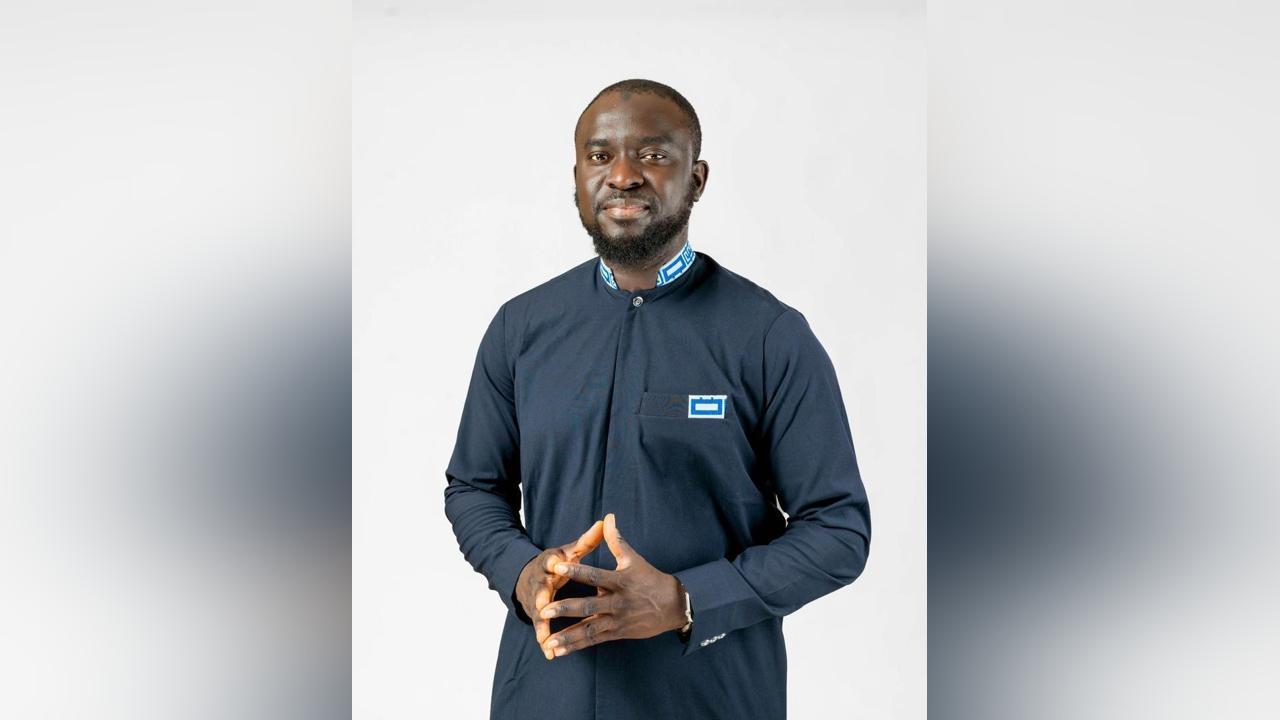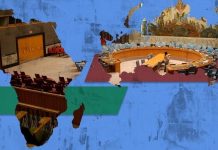Africa-Press – Gambia. Ousainou Allen, interim president of (NAFAA), has outlined an ambitious, reform-driven agenda aimed at rebuilding public trust and delivering a new political culture rooted in accountability, inclusivity, and people-centred development.
In an interview, Allen said NAFAA’s top priority is to revive the shelved draft constitution and push for institutional reforms that will place citizens at the centre of governance. “We will empower key institutions like the Anti-Corruption Commission and the National Audit Office, while leading by example through internal transparency and meritocracy,” he said.
Allen pledged a tough stance against corruption, saying his party would grant prosecutorial powers to the Anti-Corruption Commission, enforce asset declarations, and implement procurement reforms. He added that NAFAA would fully implement the findings of the Janneh Commission and TRRC, including asset recovery and prosecutions where necessary.
On the economy, Allen said NAFAA would shift focus from elite-driven growth to grassroots prosperity. This includes investing in community enterprises, agro-industrial job creation, and progressive taxation. “We want growth that is felt in people’s pockets, not just on paper,” he stressed.
To tackle inflation and rising living costs, NAFAA plans to stabilise prices through national reserves, targeted subsidies, and increased local production. Allen also promised to raise the minimum wage and promote disciplined monetary policy in partnership with the Central Bank.
Allen revealed his party would implement an import substitution strategy, protect local industries through tariffs, and mandate local sourcing for government institutions. On youth employment, he highlighted reforms to youth funding schemes, support for youth-led agriculture, and the creation of green jobs.
On inequality and national unity, Allen committed to redistributing national investments to rural communities, strengthening social protection, and creating a National Dialogue Council to foster reconciliation and inclusive governance.
To address climate change and food security, he said NAFAA would invest in irrigation, rural infrastructure, and value-added agro-processing to promote food sovereignty.
With high emigration rates, Allen argued that only by creating real opportunities at home can young Gambians be persuaded to stay. “We must restore dignity and faith in our nation,” he concluded.
Allen said NAFAA would run on an issue-based platform, rejecting tribalism and old political practices, while advocating for electoral reform and diaspora voting rights to ensure full civic participation.
For More News And Analysis About Gambia Follow Africa-Press






